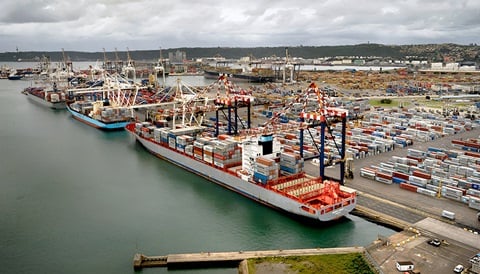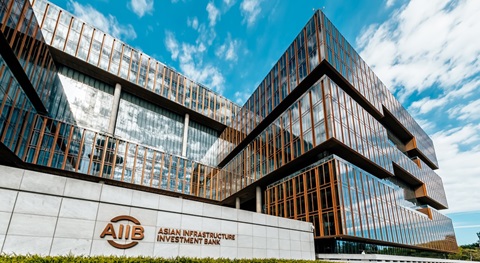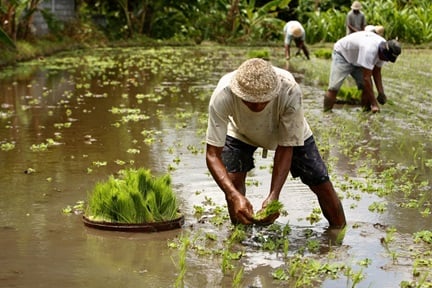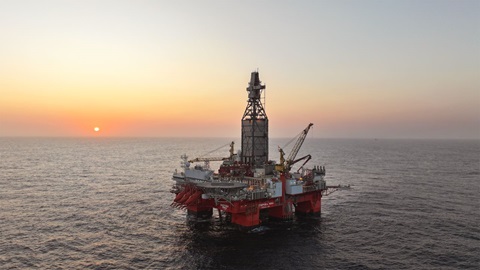Morocco awards solar power plant contract to UAE
The two solar power plants will have the capacity to produce 72MW of electricity when complete
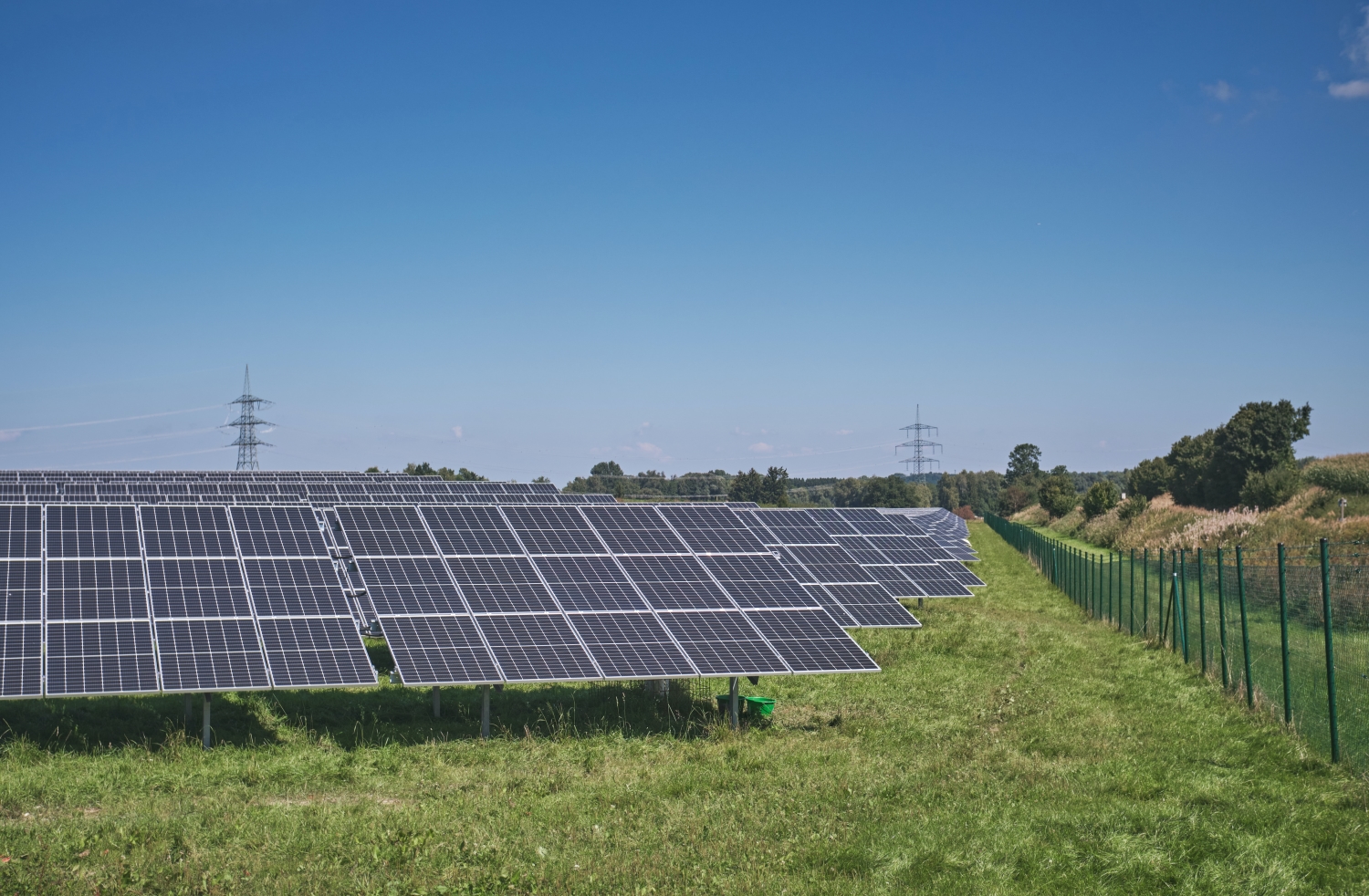
Dubai-based AMEA power has won the contract for the construction of two solar plants in the Kingdom of Morocco – each with the capacity of producing 36MW of electricity. One will be built in Taroudant, near Agadir, and the other in El Hajeb, south of Fez. The actual size of the contract has not been made public. The contracts cement the position of the Kingdom as a solar and wind powerhouse in Africa. It will contribute to achieving the national goal of generating 52% of its energy from renewable sources by 2030. Although fossil fuels still account for 82% of the Kingdom’s energy mix in the first two months of 2022 (the most recent period for which figures are available), solar and wind power came just shy of 18%.
Morocco is a pioneer on the African continent when it comes to the use of renewable energy. It is home to the largest solar power plant in the world. Constructed in on a 3000-hectares of desert land Noor-Ouarzazate solar complex is set to produce 580 megawatts of electricity – enough to power a mid-sized Asian town.
Political factors in recent months will have increased the urgency for Morocco’s policymakers to boost generation from renewables. Following a spat over Western Sahara, in October 2021, Algeria decided not to renew a contract between its state energy company, Sonatrach and Moroccan state-owned utility - Office of Electricity and Potable Water (ONEE). The contract gave the ONEE about a tenth of the natural gas that Algeria was exporting to Spain via the Maghreb-Europe pipeline which passes through Morocco. The gas that the national utility received from that contract powered two plants - Tahaddart and Ain Beni Mathar - which are now dormant. The ONEE said at the time that it did not need Sonatrach’s gas but given that domestic demand for electricity in Morocco grew by nearly 6% in 2021, more announcements of contracts such as the one with AMEA Energy should be expected.
Renewable power producers are looking at opportunities elsewhere on the continent, too. According to PricewaterhouseCoopers, in 2020 only 9% of power generated on the continent was from renewable sources. Most of that came from creaky hydropower stations built decades ago. The growth opportunity is in solar and wind: installed solar capacity grew by 13% between 2019 and 2020, and installed wind capacity by 11%.
Multilateral organisations will assist in Africa’s transition to green energy by facilitating the investment that the ongoing increase in capacity requires. In November 2021, during the 26th United Nations Climate Change Conference (COP26), a group of investment partners and philanthropic organisations – among which were the African Development Bank (AfDB), the CDC Group, the International Finance Corporation (IFC) and the World Bank of which it is part, and the Rockefeller Foundation – launched the Global Energy Alliance for People and Planet (GEAPP). The aim of the initiative is to unlock US$100bn in public and private capital over the next decade in order to supply reliable renewable energy to people who lack access to electricity, and at the same time to limit carbon emissions.
Firms such as AMEA Energy are positioning themselves in Africa in expectation of the increase in business that will result from the GEAPP and similar initiatives. AMEA Power has projects in Burkina Faso, Chad, Egypt, Kenya, Mali, Niger Sierra Leone, Togo, Uganda, and Zambia. Its biggest project is the 500 MW Abydos plant in Egypt, partly funded by the IFC, which will supply power to the Egyptian grid.
But the more interesting aspect at least from the point of view of supplying electricity to African households that currently lack it are smaller projects elsewhere in Africa. When complete the AMEA constructed Zina plant in Burkina Faso will provide energy to 43,000 people making a big difference in a country where 80% of the population does not have access to electricity. Over time, this will diminish its reliance on fossil fuels. In light of global commitments to boost the use of renewables, the real opportunity may yet lie in poorer countries, where small renewable plants can make a huge difference.
References
‘Emirati firm to build solar power plants in Morocco’, Al-Monitor, 20 April 2022
‘Electricité: comment l’ONEE gère la hausse de la consommation’, Le360, 10 May 2022
‘Le président algérien coupe le robinet du gaz au Maroc’, TV5 Monde, 01 November 2021
‘This is the state of renewable energy in Africa right now’, Word Economic Forum, 11 April 2022
‘Historic Alliance Launches at COP26 to Accelerate a Transition to Renewable Energy, Access to Energy for All, and Jobs’, African Development Bank Group, 2 November 2021
‘Current Projects & Pipeline’, AMEA Power, undated
‘Abydos Solar IPP’, IFC, 07 March 2022
‘Burkina Faso: Amea Power closes financing for its Zina solar power plant’, Afrik21, 11 May 2022


